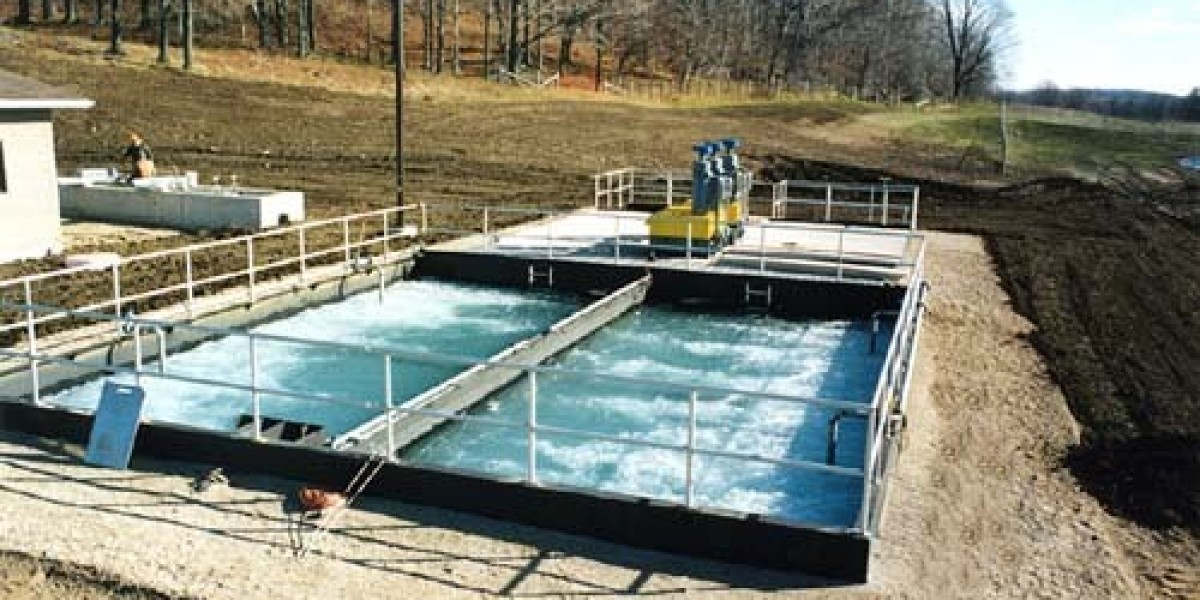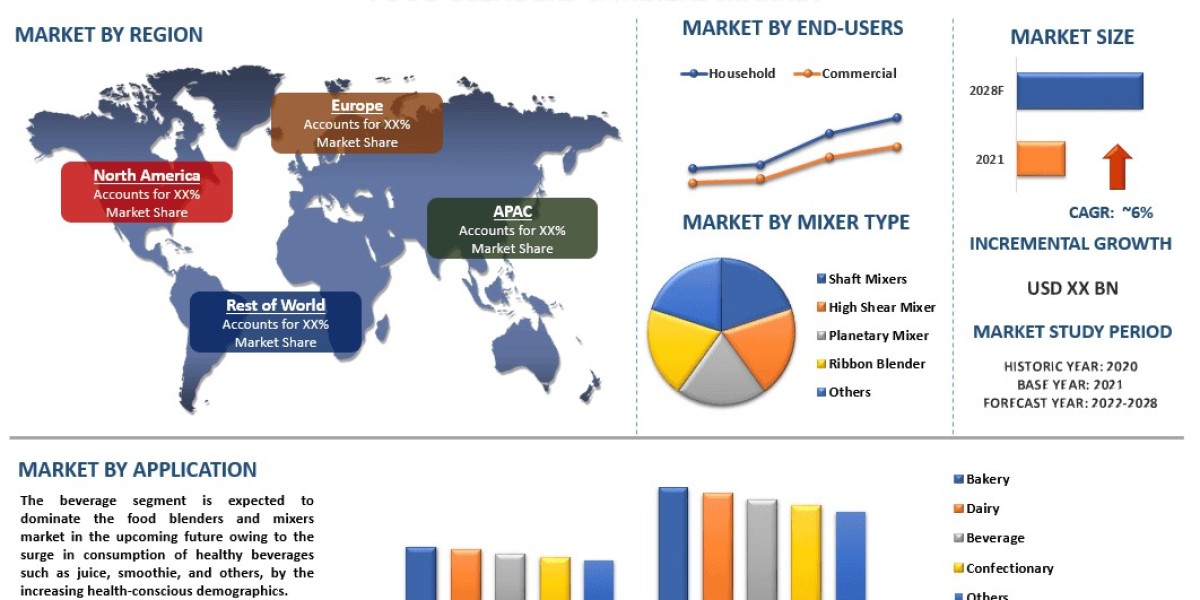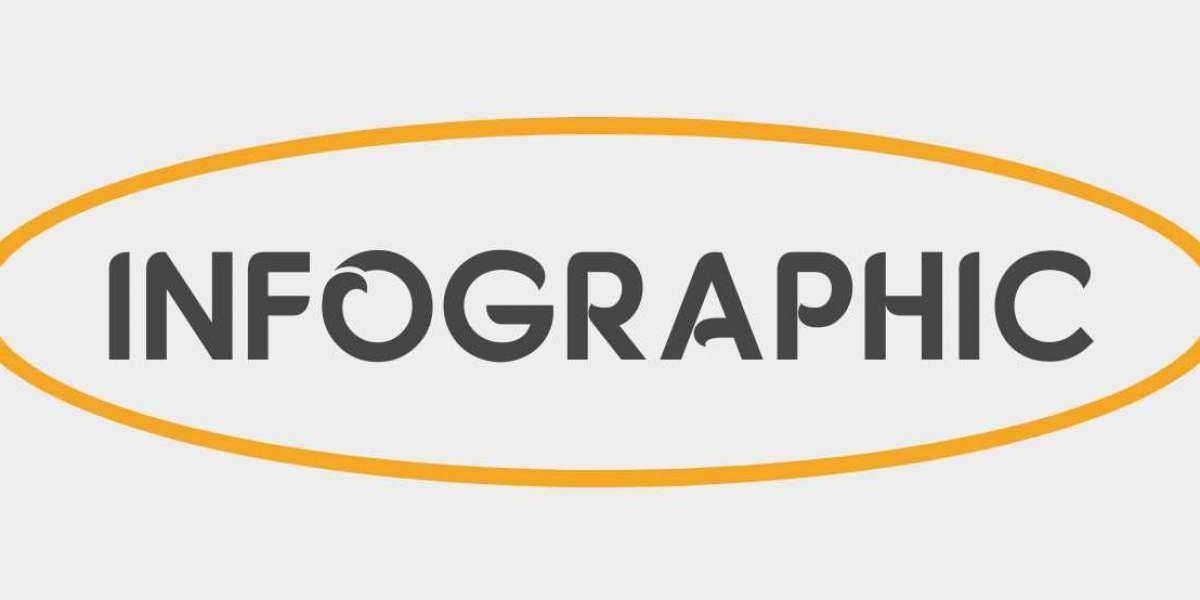Global Water Aeration System: Market Growth, Opportunities, and Future Outlook
Introduction
Water is one of the most vital resources for life, agriculture, and industry. With rapid industrialization, urbanization, and population growth, the demand for clean and sustainable water solutions has increased significantly. One of the key technologies enabling water purification and ecosystem balance is the Water Aeration System. Globally, water aeration systems are being adopted to improve water quality, support aquatic ecosystems, and maintain wastewater treatment efficiency.
This article highlights the growing importance, applications, and future potential of the global water aeration system market.
What is a Water Aeration System?
A Water Aeration System is a technology designed to increase the oxygen saturation level in water. It involves the process of mixing air (oxygen) with water to enhance water quality, prevent stagnation, and support biological activity.
Key Functions:
- Increasing dissolved oxygen levels.
- Preventing foul odour and algal blooms.
- Supporting aquatic life sustainability.
- Reducing harmful contaminants in water.
Types of Water Aeration Systems
1. Surface Aeration Systems
These systems operate at the water’s surface to introduce oxygen through agitation. They are commonly used in ponds, lakes, and wastewater treatment plants.
2. Subsurface Aeration Systems
Also known as diffused aeration systems, they inject air at the bottom of water bodies, ensuring even oxygen distribution. These are energy-efficient and effective for larger water areas.
3. Fountain Aeration Systems
These combine both functional and aesthetic benefits. Apart from oxygenation, they enhance landscape beauty, making them popular for resorts, parks, and golf courses.
4. Mechanical Aeration Systems
These systems use mechanical devices like paddle wheels or mixers to improve oxygen transfer. They are widely used in industrial and aquaculture applications.
Applications of Water Aeration Systems
1. Wastewater Treatment
Water aeration plays a critical role in biological treatment by supplying oxygen to microorganisms that decompose organic matter.
2. Aquaculture
Fish farming and shrimp cultivation rely heavily on aeration to maintain oxygen-rich water, promoting healthier growth and higher yields.
3. Lakes and Ponds Management
Aeration prevents stagnation, eliminates foul odour, and reduces the growth of harmful algae. It also improves recreational water quality.
4. Industrial Processes
Industries such as food processing, chemicals, and textiles use aeration to treat effluents before discharge, reducing environmental impact.
5. Drinking Water Reservoirs
Aeration systems help in maintaining potable water quality by removing gases like carbon dioxide and hydrogen sulphide, which cause taste and odour issues.
Global Market Dynamics
Market Growth Drivers
1. Rising Water Pollution: Increasing contamination levels worldwide demand efficient treatment technologies.
2. Urbanization and Industrialization: Expanding cities and industries generate massive wastewater requiring treatment.
3. Sustainable Development Goals (SDGs): Governments and international organizations are promoting clean water technologies.
4. Growth of Aquaculture Industry: Rising seafood consumption has boosted the need for aeration in fish farms.
Market Restraints
- High initial installation costs.
- Energy consumption in large-scale operations.
- Lack of awareness in developing regions.
Market Opportunities
- Integration of IoT-based smart monitoring systems.
- Use of renewable energy-powered aerators.
- Expanding demand for eco-friendly aeration solutions.
Regional Insights
North America
With strict environmental regulations and advanced infrastructure, North America leads in adopting water aeration technologies. The U.S. and Canada are key markets.
Europe
Europe’s focus on sustainable water management and its strong aquaculture industry contribute to significant market growth. Countries like Germany, France, and Norway are prominent users.
Asia-Pacific
The fastest-growing region due to rapid urbanization, industrial expansion, and increasing aquaculture activities. China, India, and Southeast Asian nations are major contributors.
Latin America
Growing emphasis on wastewater management in agriculture and industries is driving adoption in countries like Brazil and Mexico.
Middle East & Africa
Increasing water scarcity and dependence on desalination make aeration systems important for ensuring water quality in this region.
Technological Innovations
Smart Aeration Systems
Integration of IoT sensors and automation allows real-time monitoring of dissolved oxygen levels, reducing energy wastage.
Solar-Powered Aerators
Sustainable, eco-friendly alternatives that lower operating costs and are suitable for remote locations.
Nanobubble Technology
This cutting-edge method introduces microscopic bubbles that remain suspended longer, enhancing oxygen transfer efficiency.
Future Outlook
The global water aeration system market is expected to witness robust growth in the coming years, driven by sustainability goals and rising demand for efficient water treatment. Increasing government initiatives, technological innovations, and the growing awareness of environmental conservation will continue to expand the adoption of aeration systems worldwide.
By 2030, water aeration systems are likely to be integral not only in industrial and municipal sectors but also in residential and commercial water management, ensuring safe, clean, and sustainable water for all.
Water aeration systems are no longer optional—they are essential solutions in the modern world where clean water scarcity is a growing concern. Their applications in wastewater treatment, aquaculture, and ecosystem preservation make them indispensable technologies. As industries and governments focus on sustainable development, the demand for innovative and eco-friendly water aeration solutions is set to rise exponentially.
The global water aeration system market holds promising opportunities for manufacturers, investors, and stakeholders aiming to contribute to cleaner and healthier water resources worldwide.







